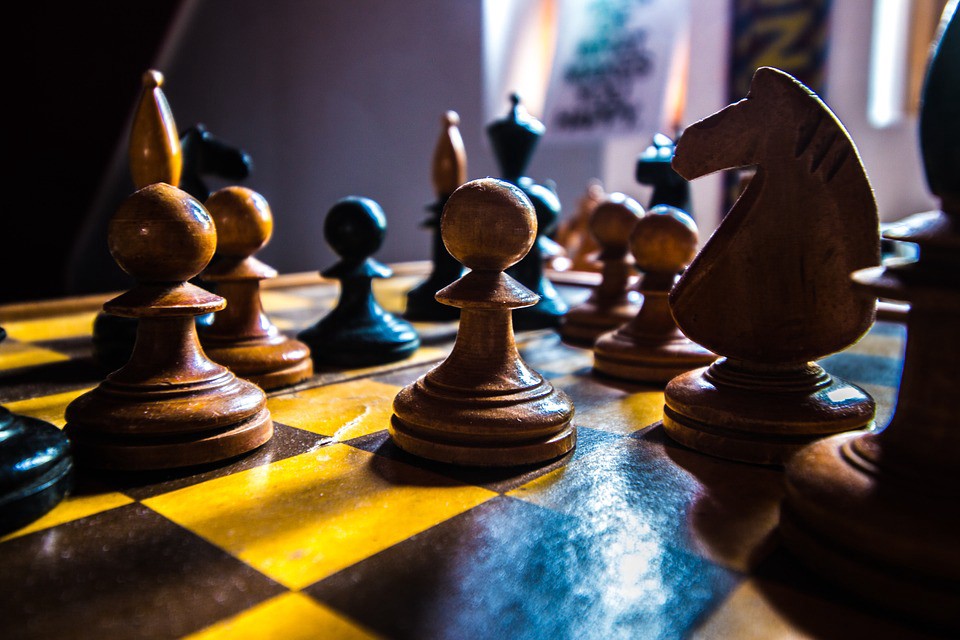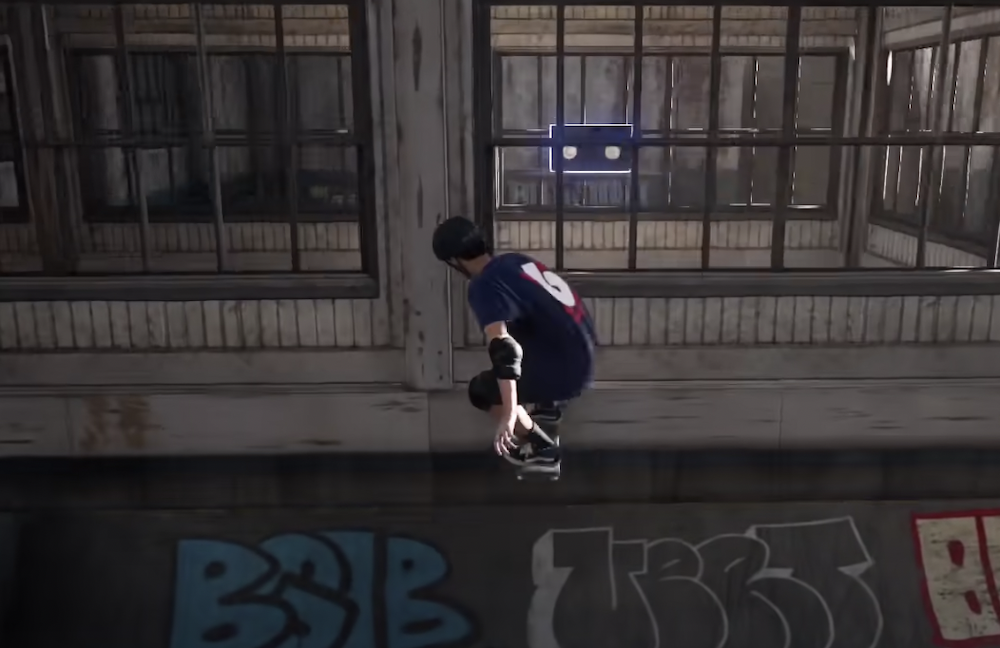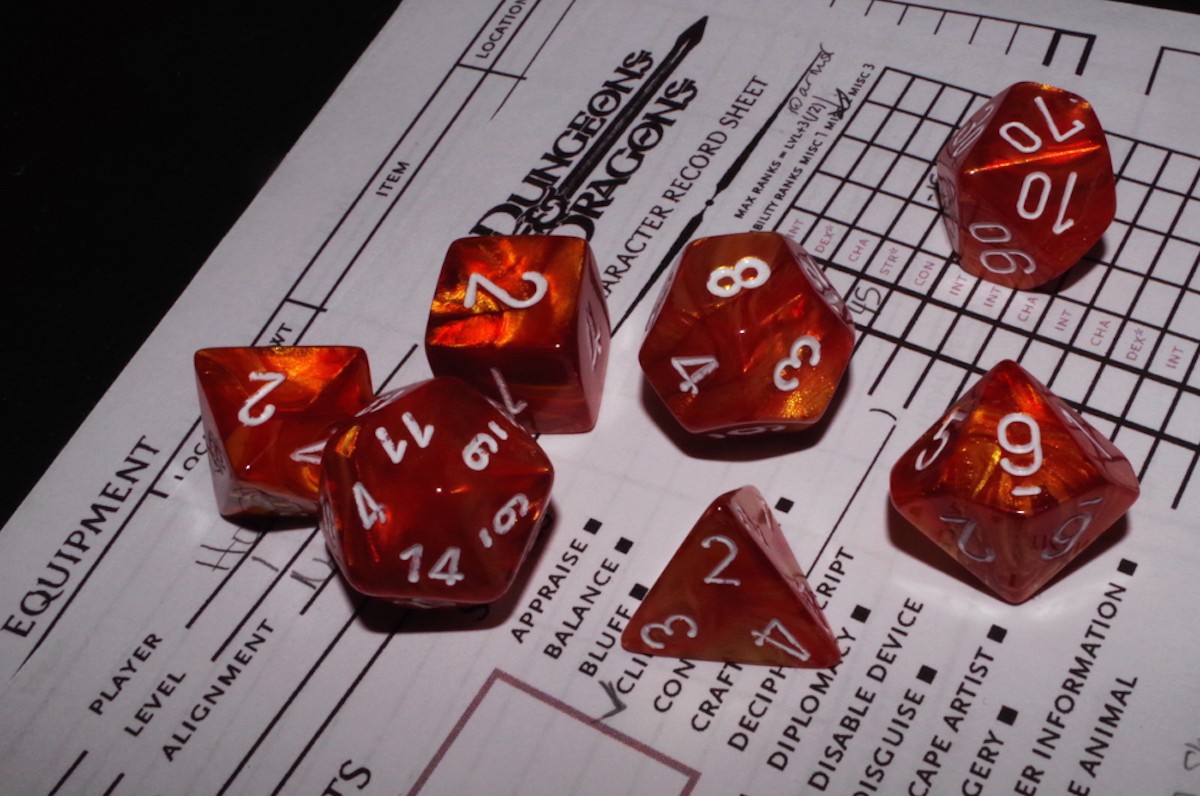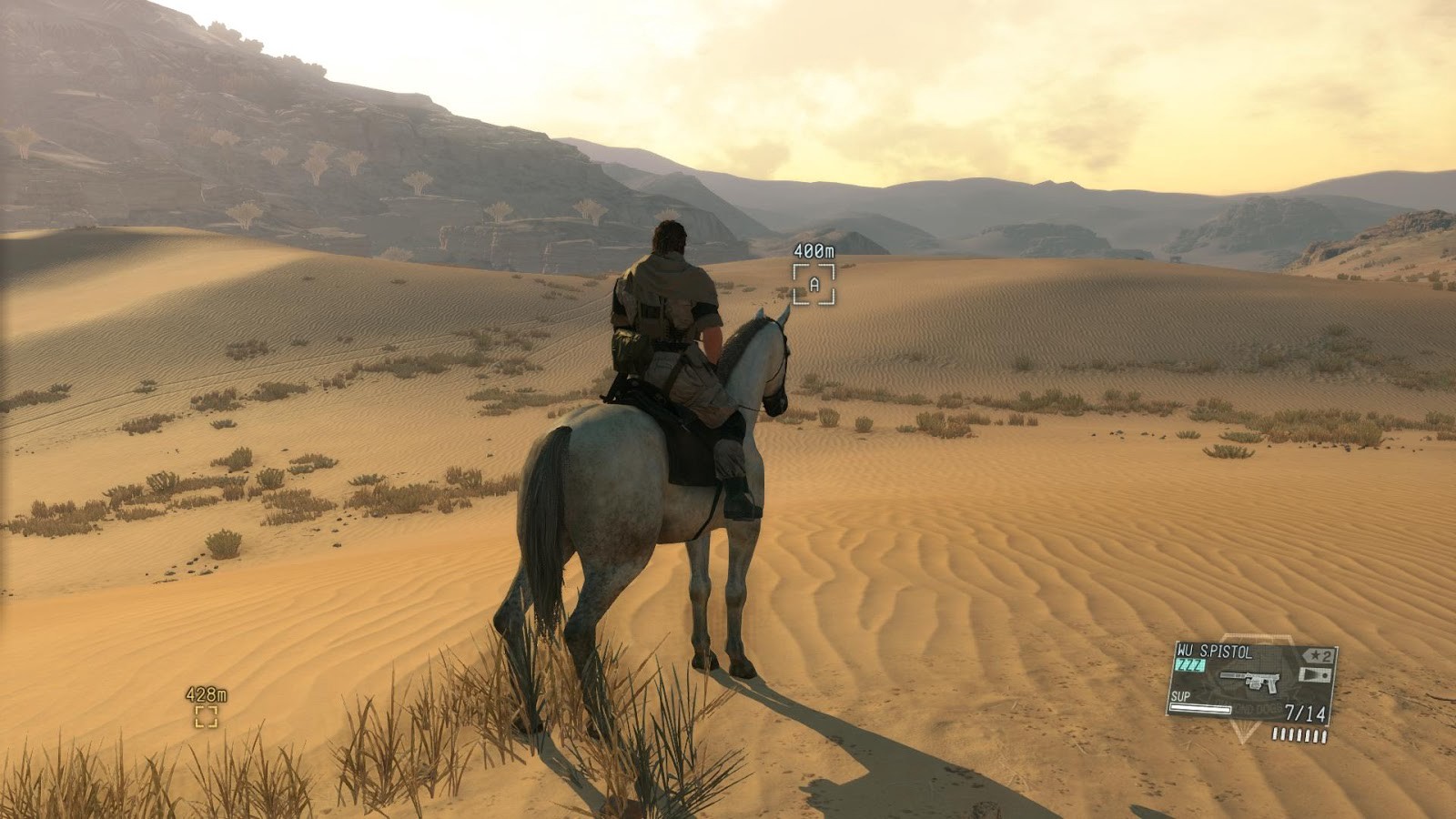Craft
Writing and the Game of Kings
What a former chess professional learned from the board about structure, storytelling, and rhythm

I used to wake at 2 AM, in Lagos, to marvel at an empty chessboard for an hour each day, because I heard it improved board mastery. On my father’s desktop, I would schedule virtual tournaments with Capablanca, Anderssen, Fischer, Morphy, and other deceased notables. Sixty days before a tournament, I challenged ChessMaster for twelve hours a day, and plunged into chess literature for two hours. It was inevitable that chess would flow into writing when I quit professional chess to focus on fiction; so that today, above my writing desk hangs a quote from the book How to Reassess Your Chess by Jeremy Silman: “You must take on the attitude of a student and develop your own willpower; always insist on a worthwhile plan.” Useful for those days when the soul feels like a squashed melon.
It was inevitable that chess would flow into writing when I quit professional chess to focus on fiction.
When I rise in the wee hours to write, I know that I’m reenacting the frieze of my former chess life. When I’m plotting a story, and allow my imagination to run forward with insane, often laughable possibilities, I am also gazing down a chessboard in the middle game, pondering the countless potentials of an attack, or defence: bishop fianchetto, rook f1, queen take? — or rook take, bishop fianchetto, queen f1?
I played professional chess for ten years in Nigeria, and after winning two tournaments, when I felt the brakes coming hard on my career (I had obtained mediocre results in a number of contests), I thought it was time to fold away my chessboard. No writer dreams of rejections, but they come anyway, and when they invade my mailbox, my mind often turns to the reason I left professional chess; and although, with time, a large part of this looking back has come to occupy itself in the subconscious, I’m quick to remind myself that I am in a different place, than when I played chess: when I played Board One at NEPA and got so giddy with excitement I fell to a beginner trap; when I played on the University chess team — like a mud-fingered schlub, losing a crucial game because my opponent suddenly showed up five minutes before I could claim a walkover. I tell myself that I learned chess at sixteen, while I’ve been making up stories since age four, I’ll be okay, literary journals are not people. I didn’t lose to a human being sitting across the board from me, trying to hide a mocking grin.
I tell myself that I learned chess at sixteen, while I’ve been making up stories since age four.
I’m often asked why I do not write enough about chess in my fiction. Why isn’t that rascal who lives at the cemetery playing chess in his spare time? Why doesn’t the kidnapper-pastor believe in Caissa the goddess of chess? I don’t know. Fela Kuti was once harangued about why he wasn’t making more music, and he responded, “It’s spiritual.” It’s my go-to answer. But I think chess breathes in the structure of my writing, in the way I think about a story, after all, one may imagine a story as having a beginning, a middle, and an ending, in the same way chess has an opening, a middle, and an end. This brings me to rhythm, and how it’s probably the single most important thing I learned from chess.
Chess breathes in the structure of my writing, in the way I think about a story, after all, one may imagine a story as having a beginning, a middle, and an ending, in the same way chess has an opening, a middle, and an end.
Not long ago I told a friend I was revising a story for rhythm, and he gave me the birdy, goofus look. Naturally, I couldn’t explain how this rhythm was a holdover from chess. In the opening of a game, after the pawns are pushed out to unlock space, the officers are ‘developed,’ placed into auspicious squares, from where they plan and launch attacks that affect the shape of the pieces in the middle game. Choices made in the middle game, pawn formations decided, officials exchanged for the lives of others, lead to the powerful or emasculated state of the king in the end game. This collaborative march allows the player to think of the entire game solely in terms of a kind of eurythmics, a dance, so that if a bad move is executed, it creates an imbalance the player often feels, before he sees. Masters know this.
In the same way a story can be taught, can be thought of, in terms of rhythms. A story is a whole organism, or an organ, like a beating heart. Every move the writer makes, every scene he creates, every action the protagonist considers, carries lifeblood back to the heart of the story — the why I’m telling you all this hub; similarly the story itself, the story’s heart, supplies lifeblood to its many parts. It’s a symbiotic relationship. Deleuzian. Any progression in the story, or series of progressions, that fail to carry the story forward, is something like a blocked vein or artery, a purposeless rhythm that must be syncopated, or done away with. I like to think of a story as a cosmos of rhythms, made up of units of self-regulating rhythms that flow back to the Mother-rhythm, in a kind of positive-feedback mechanism — just like in chess. This is probably the farthest I can go in explaining how rhythm functions in my writing, without running foul of Heisenberg’s uncertainty principle, which I fearfully apply — out of acute equipoise or mere foolishness — to the most quotidian business.
Every move the writer makes, every scene he creates, every action the protagonist considers, carries lifeblood back to the heart of the story.
And a chess tournament provides such a rich harvest of characters to delight any writer, and can be imagined as a story itself, a grand narrative unfolding. Each player yearns on the board, tries to define his place in a world of squares where he is in constant conflict, struggling against his own training, his own instinct, and the hopes of a waiting world. The tournament player is also trying to define himself in the larger world of a competition he’s praying to win, sometimes resenting the progress of friends, hoping that he finishes better, finding romance in the pauses between games when someone with a good-looking body catches his eye.
Chess cheats have to be the most inventive, the most intriguing, the most priceless characters.
In my experience, chess cheats have to be the most inventive, the most intriguing, the most priceless characters, more fascinating than “midfielders,” incompetent but stubborn players going nowhere in the competition, but willing to snuff out your dreams of glory, “okpes,” foolish gluttons who eat every poisoned thing you throw at them, and “fishparovs,” grossly incapable wannabe Bobby Fischers. I have seen a chess cheat walk up to a board and announce to his seated confederate: Coach is calling you, then take the fellow to a corner where no coach waits, instructing him on the game. Another cheat, standing in the crowd around a table, whispered riddles to his seated collaborator: “Snatch up the apple of the king’s eye; the horse! The horse must not escape! The elf in front must eat!” You would be forgiven for thinking you’re reading an excerpt from The Broadview Anthology of Restoration & Early Eighteenth Century Drama.
I no longer play chess with any regularity, though I’d love to (I battled with guilt for several months, after I abandoned serious chess). It’s impossible to combine a devoutness to chess, with a dedication to writing. But I haven’t completely let go — I sometimes play against generic PC programs, just as I cannot free myself from the tethers of writing. It’s safe to assume that when I’m drafting a story in Tallahassee, when I’m in the deep space between the selves, I am also seated in front of ChessMaster in Lagos, trapped in a half-solid world of dreams. I drift quietly between these two worlds, taking on the attitude of a student, developing my own willpower, and perhaps most significantly, trying to stay away from hilarious Best of Jalaal prank videos on YouTube.








